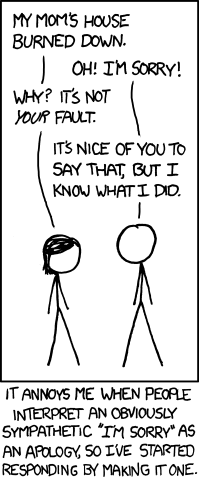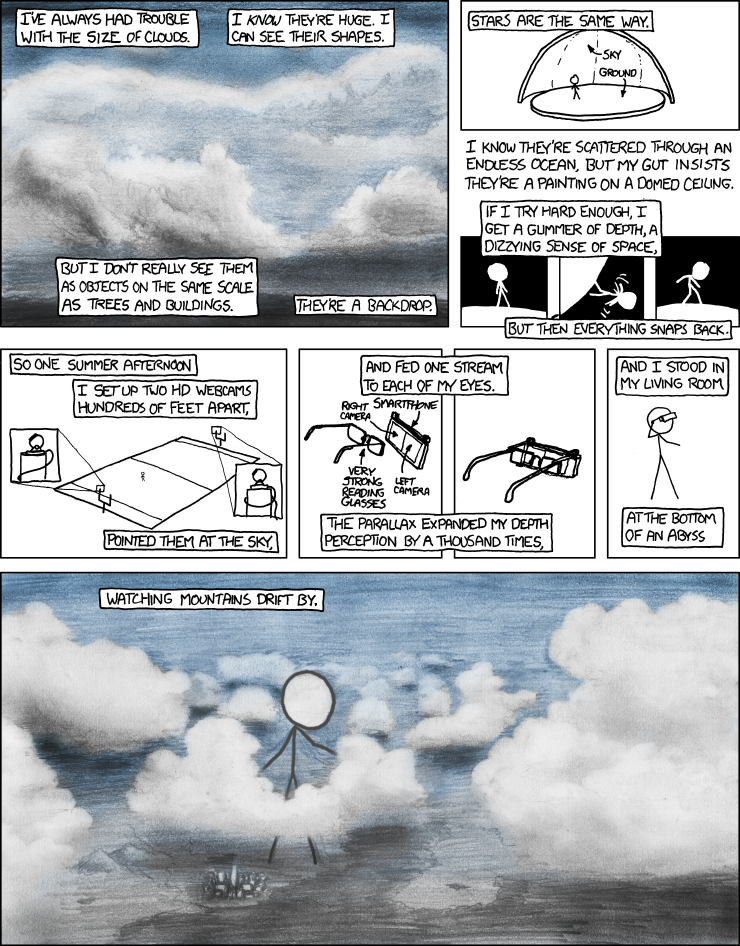Pointy Haired- Boss: Wally, did you finish coding the pay wall for our website?
Wally: I did something better. I wrote a script to delete any new content as soon as it’s posted.
Wally: At Bonus time, keep in mind that you’re the one who had the idea to eliminate revenue, and I’m the one who lowered hosting costs.
(http://dilbert.com/strips/comic/2011-05-11/ )
Confused? Take a look at the comic strip (link above) and you won’t be. The boss is grinding his teeth in despair. Wally, fully aware of the chaos he’s created, is smugly sipping from his coffee mug. The reader is rolling in their seat, hollering with laughter and scrambling to share it with friends. This is one of the simpler comic strips in the Dilbert series (named after the lead character) by Scott Adams. Some of them ooze marketing and engineering jargon that leaves you feeling like an uneducated fool, but you get the basic gist of it. And it tickles you, because the attitude behind it is something everyone can appreciate. Slave-driving boss. Smart, angry employee. Manages to make boss’s life hell. Time and time again. Nice.
The comic series revolves around Dilbert (a genius- engineer), his colleagues, his boss, his evil alter-ego/ pet Dogbert, and the everyday chaos of a workspace that has marketers, engineers, HR personnel and the inexplicable, confusing and ambiguous entity called “management”, trying desperately to coordinate with each other. What makes things (hilariously) difficult -besides the hollow use of complicated jargon - is that all of them have different training, different thought- processes, different work ethics, and hail from different parallel universes in general. At least, that’s what it looks like to them, especially when a natural idea from one of the character falls as an incomprehensible bolt from the blue for another. There is no love lost between any of them.
This series first became popular as part of the entertainment section in The Economic Times years ago; now college- goers and working youngsters simply go to the website whenever they feel like a laugh (or need an ego- boost by laughing at smart jargon and witty jokes). The website has archived every single strip since
Pointy- Haired Boss: Can you word that more simply? I need to explain it to the executive leadership.
Boss: That was uncalled for.
(http://dilbert.com/strips/comic/2011-09-01/ )
Another comic series made by (and aimed at) braniacs with a sense of humour is the all- time favourite XKCD. The series began as math- notebook doodles by Randall Munroe, who describes himself as “just this guy, you know?” Again, the comic’s attraction is the attitude behind it, and also the fact that the (mostly) nameless and faceless stick- figure characters are identifiable by anyone and everyone (maybe a little more by graduates and undergrads as confused and fed- up as they are).

The characters here are not only witty, but also very big dreamers. By dreams, I mean not just ambitions, but also lazy, lovely, fantastic fantasies. Like standing amidst the clouds. And while it takes no science at all to dream of something like that, it does take a Munroe- like brain to fantasize about making it possible. Read the comic below, and be thankful that there are geeks in this world, to give us thoughts and possiblities like that.

No comments:
Post a Comment